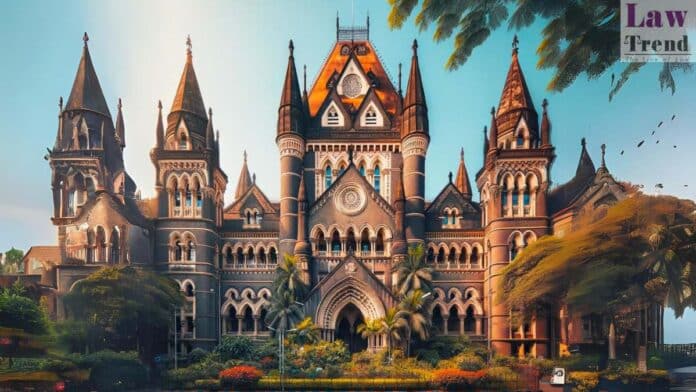In a landmark decision, the Bombay High Court on Monday acquitted all twelve men accused in the 2006 Mumbai suburban train bombings, nearly a decade after a special court had handed five of them death sentences and the rest life imprisonment.
The judgment was delivered by a special bench of Justices Anil Kilor and Shyam Chandak in The State of Maharashtra v. Kamal Ahmed Mohd. Vakil Ansari and Others. The Court ruled that the prosecution had “utterly failed in establishing the case beyond reasonable doubts.”
Key Findings of the Court
The bench found the testimonies of almost all prosecution witnesses to be unreliable. The judges questioned how, after nearly 100 days following the blasts, taxi drivers or passengers could be expected to remember the accused with certainty.
Regarding the recovery of weapons, explosives, maps, and other material evidence, the Court held that these were ultimately “immaterial” since the prosecution failed to establish even the type of bomb used in the attacks.
One of the twelve accused, Kamal Ansari, had died in 2021 from COVID-19 while in Nagpur prison.
Background of the Case
The horrific blasts on July 11, 2006, had shaken Mumbai, with seven bombs exploding in first-class compartments of suburban trains on the Western Railway line. The attack left 189 people dead and injured over 800.
After a long investigation and trial under the Maharashtra Control of Organised Crime Act (MCOCA), a special court in October 2015 convicted twelve men. Five — Kamal Ansari, Mohammad Faisal Ataur Rahman Shaikh, Ehtesham Qutubuddin Siddiqui, Naveed Hussain Khan, and Asif Khan — were sentenced to death for planting the bombs. The remaining seven, including Tanveer Ahmed Ansari and others, were given life sentences.
The Appeal and Final Verdict
The State of Maharashtra approached the High Court for confirmation of the death penalties, while the convicted men filed appeals challenging their convictions and sentences. However, the matter remained pending in the High Court for years.
In 2022, the State informed the Court that, given the vast amount of evidence, hearings would require at least five to six months. After multiple requests for a speedy hearing, a special bench was constituted in July 2024 to hear the appeals on a day-to-day basis.
Arguments Presented
Senior advocates S Muralidhar, Yug Mohit Chaudhry, Nitya Ramakrishnan, and S Nagamuthu appeared for the accused, arguing that the prosecution’s case was deeply flawed and that the trial court had erred in its findings.
Special Public Prosecutor Raja Thakare, representing the State, defended the original verdicts, maintaining that the case fell within the “rarest of rare” category and justified the death penalty.




